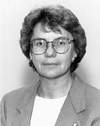
Professor Carolyn S. Bratt
Tireless fighter for civil rights in general and women’s rights in particular.” Served as chair of Gov. Martha Layne Collins’ Commission on Women, legal advisor to Gov. John Y. Brown’s Commission on Full Equality for Women, and served on the Kentucky Supreme Court’s Standing Committee on Gender Fairness.
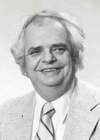
Rev. Bob W. Brown
Minister standing for civil rights. Led other white pastors to minister to all regardless of race. Encouraged African Americans to join his congregation at Trinity Baptist Church. Helped organize an interracial pastors conference in the early 1960s.
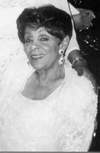
Ruth Booker Bryant
VISTA coordinator for the West End Community Council from 1964-66. Participated in many demonstrations for civil rights and fair housing in the 1960s and fought to improve living conditions for African Americans.
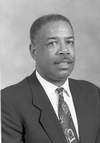
Raoul Cunningham
Instrumental in breaking down racial barriers since the 1960s, particularly in the areas of public accommodations and housing. Helped to form coalitions that led to the passage of fair housing laws in Kentucky.
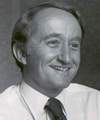
Joe Graves
Former state senator, state representative and Lexington city council member. Promoter of civil rights and fair accommodation laws. Helped to integrate movie theaters during the early 1960s. Co-chair of the Kentuckians for Public Accommodations Legislation, which lobbied successfully for civil rights laws in 1964 and 1966.
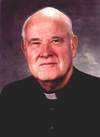
Rev. Alfred F. Horrigan
Advocate for civil rights since the 1960s. Pushed for the Louisville 1963 public accommodations and 1968 open-housing ordinances. Co-chairman of the Task Force on Peaceful Desegregation, which helped integrate public schools in Jefferson County.
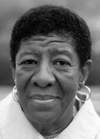
Mattie Johnson-Jones
Advocate for victims of racist policies and practices. Former Chair and Director of the Kentucky Alliance Against Racial & Political Repression. Fighter and spokesperson of civil rights throughout Kentucky.
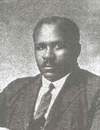
Henry Allen Laine
Writer, poet and author. Founder and first president of the Madison Colored Teachers Institute in 1910. Fought against the closure of Berea College to blacks in the early 1900s. Helped black farmers through his position as a county farm agent.
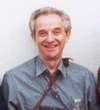
Robert S. Miller
Sought civil rights for all Americans. Helped plan the historic “March on Washington” led by Dr. Martin Luther King, Jr. in 1963. Drafted the charter of the Lexington Human Rights Commission and served as one of its first commissioners.
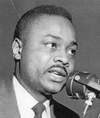
Sterling Neal, Sr.
Union leader who fought for the rights of all workers, black & white. Became vice-president of the local union and helped his co-workers win some of the highest wages for their work in the South. First African American vice president of the International Association of Machinist in his district.
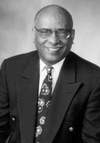
Darryl T. Owens
First black assistant prosecutor of the Louisville Police Court, from 1965-1969. Juvenile court judge in 1980 and president of the Louisville NAACP from 1970 –1976. Involved in school busing protests, and equal rights in education. Elected the first African American commissioner in 1983; a position he kept for 20 years.
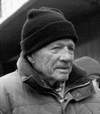
Henry Wallace
Journalist and fighter for civil rights. Marched against segregated restaurants and hotels in the 1960s. Dedicated to writing letters to the editors of newspapers and publications, speaking out for civil rights and against prejudice. Participated in countless civil rights demonstrations and fundraising efforts for civil rights advocacy.
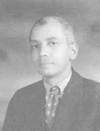
William Warley
Editor of the Louisville News and African American newspapers. Won a landmark U.S. Supreme Court decision involving the rights of blacks to acquire, own and live on property without discrimination based on race. Fought for the right of blacks to vote and wrote about blacks’ contributions to American history.
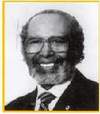
William Carl “W.C.” Young
Civil rights leader. Created a job bank to find qualified black applicants, and secured state and federal grants to provide after-school programs for struggling students. Helped Paducah hire its first African American police office and worked to gain federal funding for minority businesses during his tenure as aide to Congressman Tom Barlow.